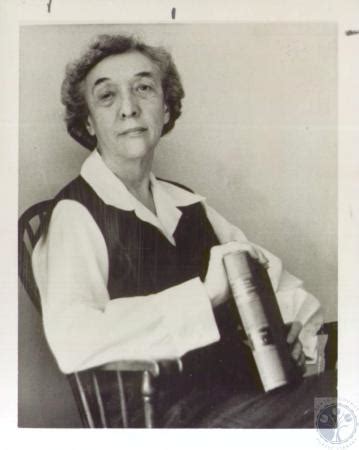A Quote by Jennifer Beals
It has been said, "History is written by the victors." I take this to mean we can make ourselves victorious by writing, and then rewriting our own stories. In a country and culture so dominated by media, by the manipulation of words and stories, telling the tales of people whose stories historically have not been told is a radical act and I believe an act that can change the world and help rewrite history.
Related Quotes
As an activist, you do find yourself directed more toward public action. But I've always tried to use stories from my own life in my writing for instance. It has always been clear to me that the stories of each other's lives are our best textbooks. Every social justice movement that I know of has come out of people sitting in small groups, telling their life stories, and discovering that other people have shared similar experiences. So, if we've shared many experiences, then it probably has something to do with power or politics, and if we unify and act together, then we can make a change.
So I found myself telling my own stories. It was strange: as I did it I realised how much we get shaped by our stories. It's like the stories of our lives make us the people we are. If someone had no stories, they wouldn't be human, wouldn't exist. And if my stories had been different I wouldn't be the person I am.
For most of human history, 'literature,' both fiction and poetry, has been narrated, not written — heard, not read. So fairy tales, folk tales, stories from the oral tradition, are all of them the most vital connection we have with the imaginations of the ordinary men and women whose labor created our world.
I believe that telling our stories, first to ourselves and then to one another and the world, is a revolutionary act. It is an act that can be met with hostility, exclusion, and violence. It can also lead to love, understanding, transcendence, and community. I hope that my being real with you will help empower you to step into who you are and encourage you to share yourself with those around you.
William Shakespeare was the most remarkable storyteller that the world has ever known. Homer told of adventure and men at war, Sophocles and Tolstoy told of tragedies and of people in trouble. Terence and Mark Twain told cosmic stories, Dickens told melodramatic ones, Plutarch told histories and Hans Christian Andersen told fairy tales. But Shakespeare told every kind of story – comedy, tragedy, history, melodrama, adventure, love stories and fairy tales – and each of them so well that they have become immortal. In all the world of storytelling he has become the greatest name.
My real purpose in telling middle-school students stories was to practice telling stories. And I practiced on the greatest model of storytelling we've got, which is "The Iliad" and "The Odyssey." I told those stories many, many times. And the way I would justify it to the head teacher if he came in or to any parents who complained was, look, I'm telling these great stories because they're part of our cultural heritage. I did believe that.
For girls and women, storytelling has a double and triple importance. Because the stories of our lives have been marginalized and ignored by history, and often dismissed and treated as 'gossip' within our own cultures and families, female human beings are more likely to be discouraged from telling our stories and from listening to each other with seriousness.
The very act of story-telling, of arranging memory and invention according to the structure of the narrative, is by definition holy. We tell stories because we can't help it. We tell stories because we love to entertain and hope to edify. We tell stories because they fill the silence death imposes. We tell stories because they save us.



































